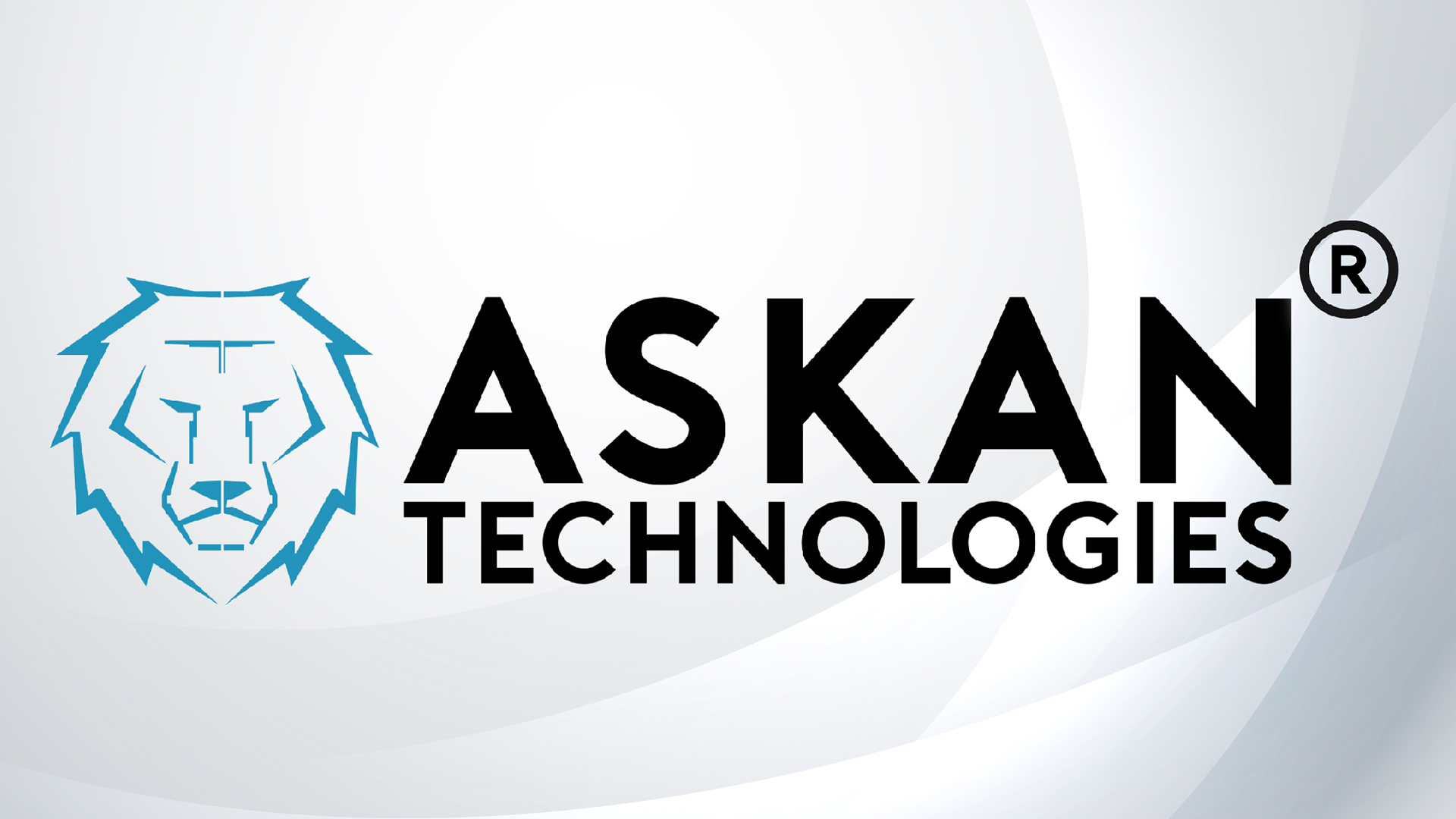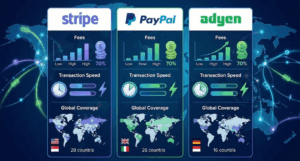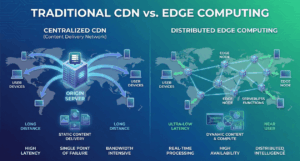Most eCommerce platforms appear flexible, until a business attempts to expand into new markets, launch multiple storefronts, or implement a workflow that isn’t part of “standard” commerce logic. That’s when the hidden limits of traditional systems surface. Plugins collide, costs rise, and dev teams struggle to extend platforms that were never built for true customization.
This shift in business needs has led many companies to rethink their core architecture. Instead of adjusting their operations to fit a platform, brands now want backends that adapt to their unique workflows. This is exactly where Medusa.js, a modern, open-source, Node.js-based system, is gaining traction as a powerful headless backend.
Medusa.js is not just another framework. It’s a composable engine that gives companies the freedom to build exactly what they need; without vendor lock-in, plugin limitations, or bloated SaaS constraints. For teams prioritizing scalability and innovation, Medusa.js is quickly becoming a natural choice.
What Makes Medusa.js a True Headless Backend?
At its core, Medusa.js follows an API-first, headless architecture. This means:
Your backend controls products, orders, carts, inventory, payments
Your frontend can be any technology; Next.js, React, Vue, Flutter, or custom apps
Your business logic stays clean, modular, and extendable
Every part of the system is customizable without touching core code
Medusa.js is structured around replaceable modules (orders, carts, pricing, fulfillment, etc.), making it possible to:
Integrate custom workflows
Modify existing logic
Add business-specific rules
Build new features quickly
Connect with external systems seamlessly
This level of flexibility is something monolithic platforms struggle to offer.
Why More Businesses Are Adopting Medusa.js
1. A Backend That Adapts to Your Business; Not the Other Way Around
Most platforms force you to mold your operations to fit their constraints. Medusa.js flips the structure. You can tailor:
Fulfillment logic
Pricing structures
Checkout flows
Marketplace workflows
Subscription mechanics
B2B rules and permissions
This makes Medusa.js ideal for companies that want a competitive edge supported by custom functionality.
2. Faster Development With Predictable, Lower Long-Term Costs
Unlike SaaS platforms, Medusa.js is:
Free
Open-source
Self-hosted or cloud-hosted
Highly extensible without paying for add-ons
Developers build faster. Businesses scale cheaper. Most importantly, there’s no marketplace dependency or recurring app fees.
Teams get complete freedom over their infrastructure and roadmap.
Medusa.js vs Shopify - What Decision Makers Need to Know
Business leaders often compare Medusa.js with Shopify. Below is a simplified decision view:
| Feature | Medusa.js | Shopify |
|---|---|---|
| Customization | Unlimited, full access to backend | Limited without expensive add-ons |
| Multi-Store | Native-ready with custom layers | Shopify Plus required |
| Cost | Infrastructure only | Subscription + app fees |
| Integrations | Fully custom via API | Restricted to app store ecosystem |
| Flexibility | Total control (open source) | Dependent on Shopify’s rules |
| Lock-In | None | High |
Bottom Line:
Shopify is excellent for simple stores.
Medusa.js is built for serious customization, enterprise logic, and long-term scalability.
Medusa Multi-Store: One Backend, Unlimited Frontends
Brands today operate across multiple channels and markets. Medusa.js supports multi-store and multi-region commerce in ways traditional platforms struggle with.
With Medusa.js, businesses can manage:
Multiple storefronts
Multiple brands
Marketplace vendors
Regional pricing
Different currencies
Local tax rules
Custom payment setups
All from one unified backend.
This is perfect for:
Franchise networks
Multi-brand retail companies
Multi-regional D2C brands
Marketplace-style operations
It reduces maintenance load while improving consistency and control.
Enterprise-Ready Features Without Enterprise Pricing
Enterprises need more than a storefront; they need systems that integrate deeply into their existing business ecosystem.
Medusa.js supports:
Custom ERP/POS/CRM integrations
Multi-warehouse inventory
Role-based access controls
Event-driven automation workflows
Scalable deployments using containers and cloud
API gateway compatibility
High-volume order handling
With the right architecture, Medusa.js becomes a strong enterprise eCommerce solution without the massive licensing costs associated with Magento, Shopify Plus, or Salesforce Commerce Cloud.
Where Medusa.js Outperforms Traditional Platforms
1. D2C & Subscription Brands
Custom checkout flows, loyalty engines, subscription logic.
2. Marketplaces & Multi-Vendor Models
Split payments, vendor dashboards, multi-catalog systems.
3. Multi-Brand Architecture
One backend powering multiple unique storefronts.
4. Custom B2B Commerce
Tiered pricing, credit limits, bulk pricing, custom workflows.
5. High-Growth Startups
Fast development cycles + freedom to iterate.
How Askan Tech Builds Highly Scalable Medusa.js Solutions
Askan Tech specializes in custom Medusa.js development, especially for businesses that need more than the standard framework offers.What We Provide:
Transform Medusa.js into a multi-tenant system
Build custom modules for pricing, catalog rules, checkout, subscriptions
Create scalable Next.js storefronts
Integrate ERP, CRM, OMS, and marketing tools
Set up cloud-native deployments (AWS, Docker, Kubernetes)
Engineer enterprise-grade security and performance
Build microservices around Medusa.js for complex operations
Our implementations are built to grow with your business; not limit it.
Final Thoughts: Why Medusa.js is the Smart Move for Future-Ready Commerce
Medusa.js offers something rare: a backend that is lightweight, flexible, and scalable, while being powerful enough for enterprise-grade commerce. It lets companies innovate, expand, customize, and evolve their digital commerce without being boxed into a platform’s rules.
If your brand wants a backend that allows:
Full customization
Multi-store flexibility
Enterprise-level integrations
Long-term scalability
Cost-efficient expansion
then the Medusa js headless backend is one of the strongest investments you can make.









Why Medusa.js Is Becoming the Preferred Headless Backend for Modern eCommerce Platforms
Most eCommerce platforms appear flexible, until a business attempts to expand into new markets, launch...
Share this link via
Or copy link